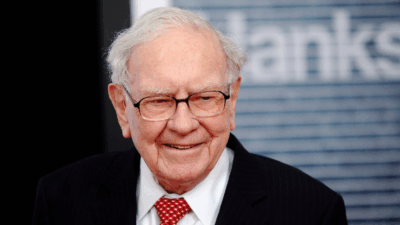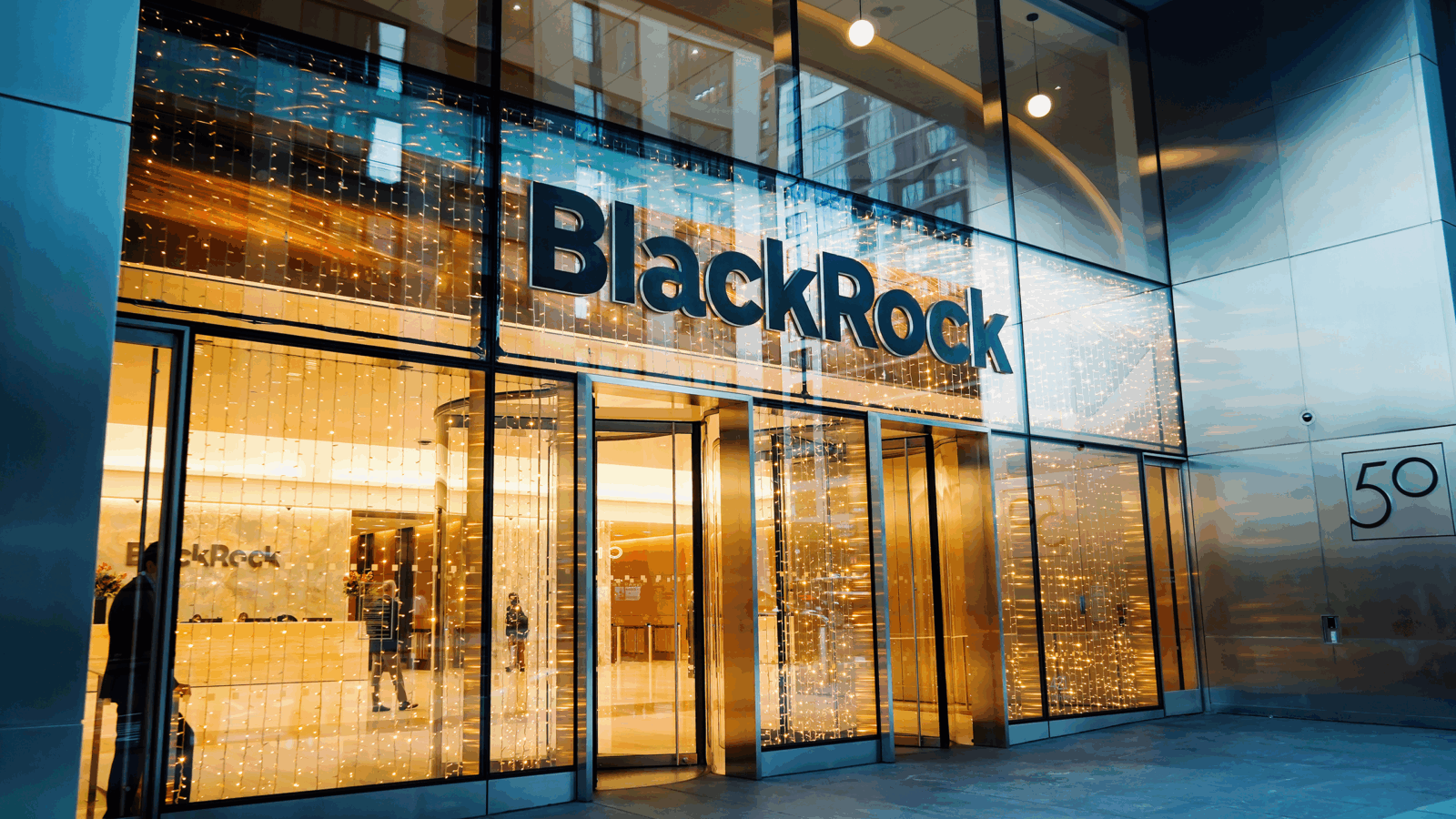
Sign up for smart news, insights, and analysis on the biggest financial stories of the day.
If 2021 marked the beginning of the so-called “techlash” (just ask the harried minds in Meta’s legal and PR departments about now), then 2022 may mark the beginning of another turning of the public opinion tide: the “SPAC-lash.”
On Wednesday, the SEC proposed new rules for blank-check special acquisition companies, requiring disclosures of sponsors and potential conflicts of interest, as well as protections for investors against embellished business projections.
Baby Got SPAC
Last year, the SPAC promise of a fast track to public listing sparked a tidal wave of high-profile deals, including DraftKings, Virgin Galactic, and Hostess (of Twinkies and Ho Hos fame). But SPAC deals sputtered nearly as often as they succeeded (BuzzFeed, anyone?). Even worse, the SPAC space grew increasingly litigious last year, with 15 shareholder lawsuits against post-merger SPAC companies in the first half of 2021 alone, up from five through all of 2020. And this was while overall securities cases fell 13%, according to CNBC.
The red-hot space has quickly lost steam, with the CNBC SPAC Post Deal Index down 20% in 2022 and 45% in the past 12 months. For investors, the time is right for some regulation in the relatively speculative realm, and the SEC’s newly drafted rules could add much-needed stability:
- The new rules would require a SPAC’s private business target to be a co-registrant when the shell company files its take-public Form S-4 or F-4.
- To protect investors from any irresponsibly bullish estimates, the new rules would also strip a blank-check company’s liability safe harbor for misleading forward-looking statements.
“Investors deserve the protections they receive from traditional IPOs,” SEC Chair Gary Gensler said in a statement. The agency had been signaling a SPAC crackdown for months.
Bank On It: SPAC bankers have already been slashing their fees as investor redemptions and withdrawals spike amid a run of poor performances. In February, the average redemptions notched 90%, according to the Financial Times.
Didn’t Get The Memo: OnlyFans has been pursuing a SPAC merger, Axios reported Tuesday. Surely SPACs aren’t the only fans of, ahem, adult content, right?











